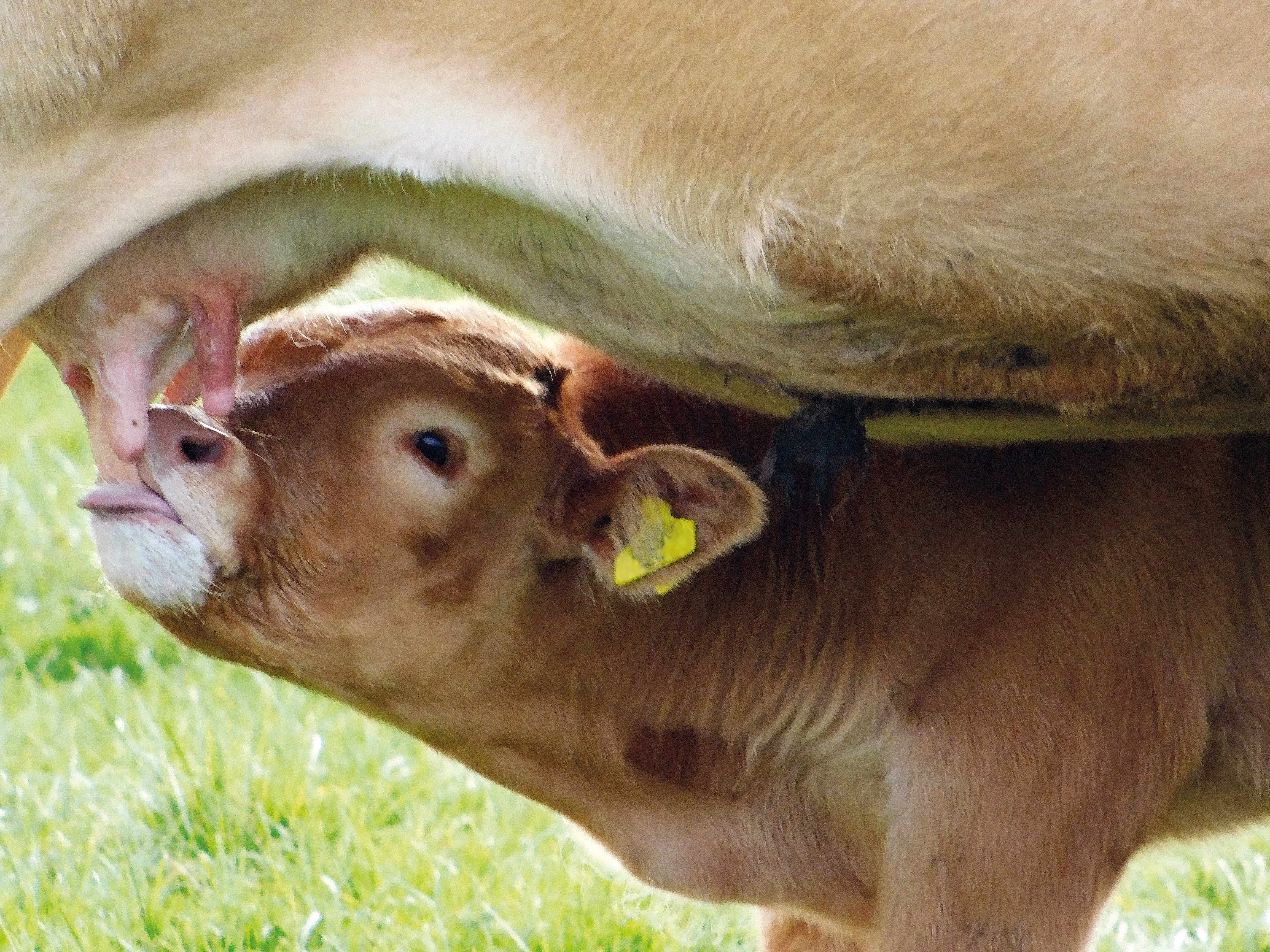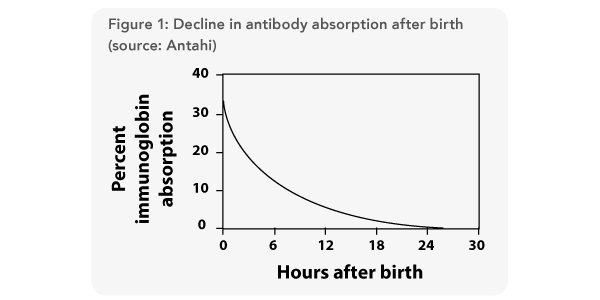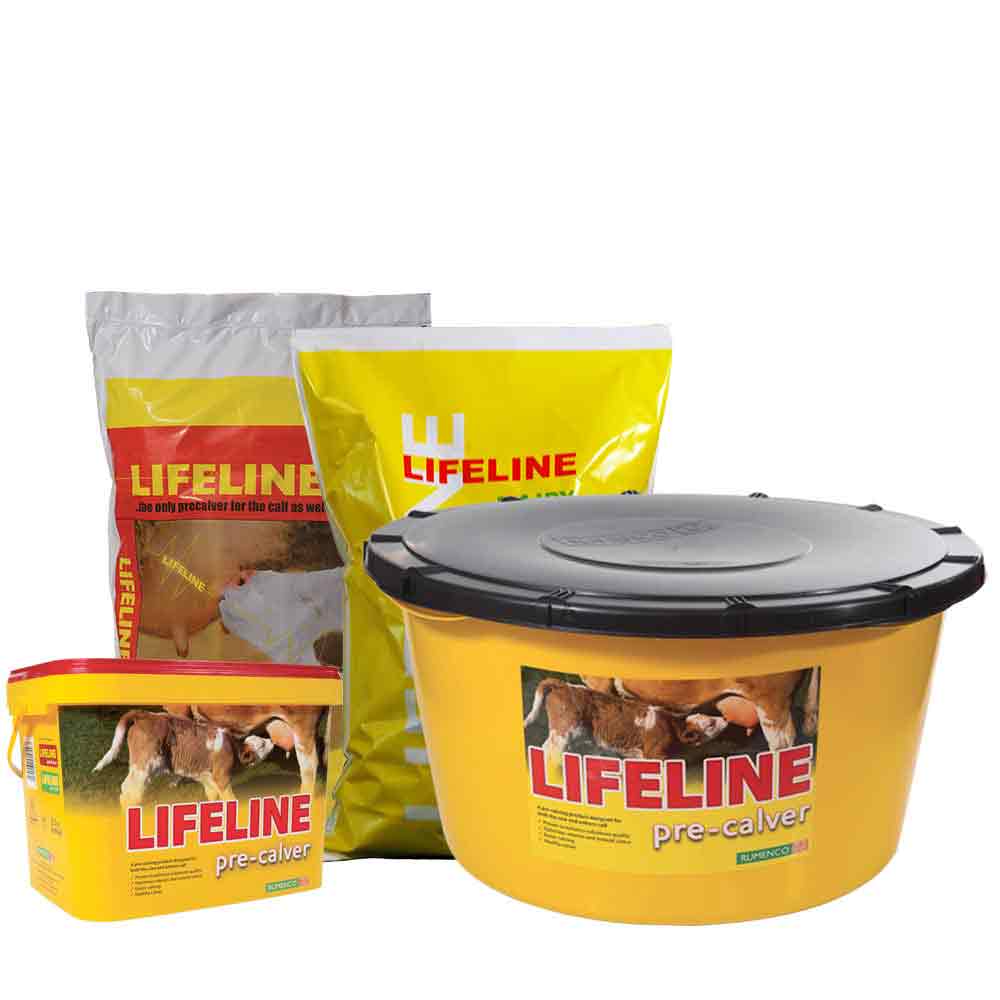Secure Your Herd's Future: Autumn Calving FAQs
With another autumn calving fast-approaching, ensuring cows are fed correctly during the dry period is essential to help support them through what can be considered as the most critical times of the year. Rumenco Commercial Nutrionist, Dr Alison Bond, answers some of your most frequently asked questions on pre-calving nutrition, to help support your herd through one of its most successful and profitable calving seasons yet.
Why is the dry period so important?
The dry period, normally lasting around 60 days, is the most important phase of a cow's production cycle. During this phase, the cow and her udder are prepared for the next lactation and as well as its importance for milk production, good management during this period is critical to help prevent key metabolic diseases such as ketosis and milk fever particularly in the dairy herd. In addition, immunity in both cow and calf, the calving process and colostrum production are influenced by management in the dry period.
What are the consequences of not having my cows in the correct body condition at calving?
The number one goal at calving is for cows to be in the correct body condition score (BCS) as this has a significant impact on the calving process, cow health and performance post-calving, as well as calf health following birth. Cows should be neither too fat, nor too thin with inadequate/low BCS at calving (below 2.5) having negative impacts:
- The calving process may be slowed due to a lack of energy leading to dystocia and increased calf mortality
- Return to oestrus and conception will be delayed resulting in cows producing a lower number of calves in her lifetime
- Colostrum will be of lower quality leaving potentially already weak calves susceptible to key health challenges such as pneumonia and diarrhoea, and potential mortality
- A higher level of feed will be required to regain the weight loss
As well as being more likely to run into calving difficulties, over fat cows (over 3.5 BCS) will also have delayed return to oestrus as well as poorer milk production, plus the added costs of feed waste. The energy and protein requirements of a dry suckler cow can easily be met by forage alone, meaning additional supplementation from concentrates should not be required.
Why is colostrum so important?
One of the most important influences we can have on long-term calf health and survival is ensuring they receive the recommended amount of good quality colostrum in the first 24 hours (ideally 12 hours) following birth. Calves are entirely reliant on passive immunity via antibody absorption from colostrum to build their immunity and defence to disease challenge. Cattle do not transfer antibodies across the placenta meaning the calf relies entirely on colostrum after birth for immunity so that quantity, quality and quickly are key in regards to colostrum for the calf.

Can I influence the quality of my cows’ colostrum?
Yes! Colostrum production begins approximately 5 to 6 weeks before calving and peaks at around 2 weeks pre-calving with nutrition during this period probably having the largest influence. As well as ensuring cows are in the correct body condition, adequate levels of minerals can also help improve the antibody content of colostrum compared to mineral-deficient animals. Other nutritional supplements such as mannan-oligosaccharides (MOS) and beta glucans from yeast can help support the cow’s immune function to maximise nutrition partitioning into colostrum production leading to improved quality for the calf.
What other factors can influence the success of colostrum management?
Asides from quality, ensuring calves suckle adequate amount of colostrum quickly is key to calving success. Prevention of mastitis is important to ensure that the associated pain and discomfort doesn’t discourage the cow from allowing the calf to suckle, being especially important during the dry period from which the majority of cases originate. A difficult calving also no doubt affects the ability of the calf to suckle quickly, leaving calves starved of oxygen and subsequently requiring longer to recover and stand with antibody absorption reducing over time (figure 1).

Which minerals should I supplement pre-calving?
There are 15 minerals essential for life, but only a handful are required to be supplemented in the run up to calving. The most important of these is probably magnesium, as it plays a key role in uterine tone and therefore influences both the ease and quickness of the calving process. In relation to this, it is also usually recommended that forages such as grass silage are restricted in the diet pre-calving due to their high potassium content which can lock up any naturally-occurring or supplemented magnesium.
As well as for the cow, an adequate supply of minerals is also needed for the developing foetus with most growth occurring in the final 6 weeks of pregnancy. The unborn foetus relies entirely on the cow for mineral supply, so if reserves are poor then growth and immunity will be compromised. This can be observed in practice by the birth of weak and lethargic calves which are likely a result of poor selenium and/or vitamin E reserves in the dam pre-calving. Ensuring adequate copper reserves in the liver is also key for future cow performance due to its link with fertility and oestrus activity.
What is LIFELINE Pre-Calver and how can it benefit my herd?
Rumenco’s specialist LIFELINE Pre-Calver range is specifically formulated for in-calf cows and heifers to help support a successful calving process. Available as a bucket, mineral crumb or high specification dairy mineral, the supplements provide an optimal supply of key minerals and vitamins, including magnesium, selenium, copper and vitamin E, plus other nutritional additives, to help support calving ease, cow and calf immunity, calf vigour and colostrum quality.
LIFELINE Pre-Calver bucker is proven to increase Colostrum quality (lgG) by up to 9.5%*

A multitude of factors will influence this year’s autumn calving success, with nutrition playing a pivotal role in benefitting not just the cow, but the calf too. Given the importance of improving calf output, particularly from a financial perspective, ensuring cows and heifers receive a balanced diet in the run up to calving will not only influence the herd’s success this year, but also in the many that lie ahead.
*Independant Commercial Trial
For more information on our LIFELINE range or to find your local stockist please contact us or visit our stockist page